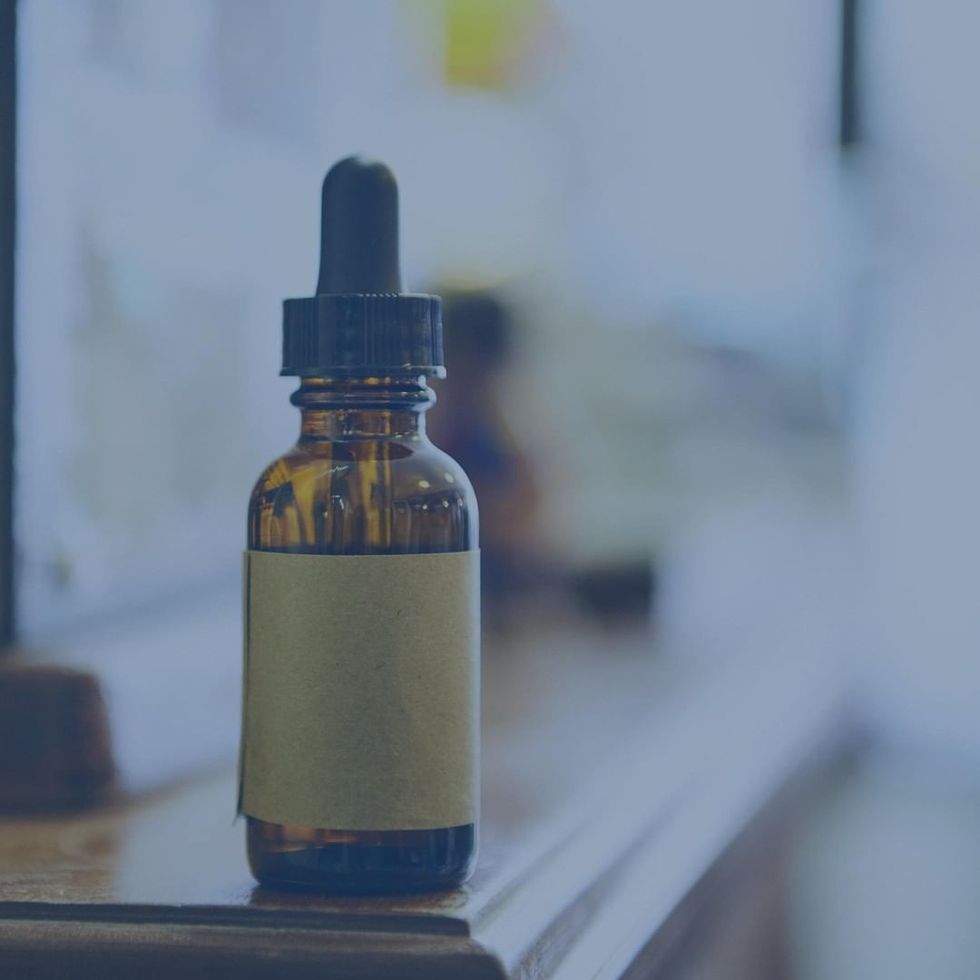I'm sure you've heard about CBD already, but if not, then let me break it down for you. Cannabidiol, CBD, is one of the hundreds of cannabinoids identified in the cannabis plant, but unlike the THC in the marijuana plant, it doesn't have any psychoactive properties.
CBD doesn't get you high.
When extracted from the plant, CBD has proven to be effective in the medical field. It has shown to be effective in the treatment of epilepsy, in the management of pain, in reducing depression and anxiety, and relieving cancer symptoms, among a host of other uses. New research from Mount Sinai Hospital in New York has revealed that CBD may be beneficial for society as a whole, too.
Researchers at Mount Sinai Hospital conducted the study to understand how we can fight the opioid epidemic through the discovery of alternative treatment options by assessing the potential effects of CBD on craving and anxiety in heroin users.
42 drug abstinent men and women between the ages of 21 and 65, who had recently stopped using heroin, were recruited for the study. Two groups were formed out of the participants: a control group that received a placebo and a test group that received CBD doses ranging from 400 mg to 800 mg per day. After administration, participants were exposed to neutral environmental cues and cues that would be considered drug-use inducing over three sessions. The cues in the environment were tested because an addict's environment and the cues it gives are the strongest triggers for relapse and continued drug use.
The results of the research hold great promise for the future of CBD.
Participants who were in the test group and given CBD had significantly reduced cravings for heroin, and noted feeling less anxiety when exposed to drug-use inducing cues. Moreover, the CBD had a lasting effect on this group as it continued to reduce cravings and relieve anxiety for seven days after the last dose was administered. In essence, this is the most important takeaway from the research: CBD had lasting effects well after it was present in the body. Numerous vital signs like heart rate, skin temperature, blood pressure, and oxygen saturation were taken to ensure only objective results were obtained since cravings and anxiety are subjective feelings. Another finding was a reduction in participants' heart rate and salivary cortisol levels, which would have both increased in the presence of anxiety-provoking images.
I think the evidence points to a logical conclusion: CBD is safe, it is effective in treating opioid addictions, and it is beneficial for those who experience a host of issues from pain, to anxiety, to epilepsy or to illnesses. Now is the time to keep pushing for legalization to continue larger scale studies and introduce CBD as a valid treatment option.
"A successful non-opioid medication would add significantly to the existing addiction medication toolbox to help reduce the growing death toll and enormous health care costs." - Yasmin Hurd, director of the Addiction Institute at Mount Sinai Hospital in New York.

















